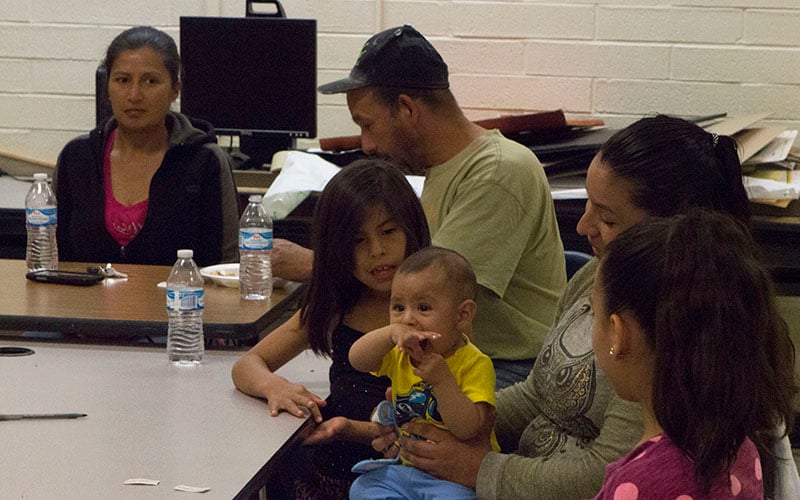The effects of synchronized youth and parent drug use prevention interventions

Substance abuse prevention efforts have traditionally addressed youth substance use by directly targeting youth’s norms and behaviors.
More recently, parent or family focused prevention interventions have demonstrated adolescent decreases in the likelihood of initiating use, declines in the rate of growth, and increases in positive outcomes into adulthood, including increased socioeconomic success, reduced mental health disorders, and lowered prevalence of sexually transmitted diseases.
Despite the apparent effectiveness of both of these approaches, few prevention interventions have synchronized the delivery of prevention efforts to youth and their parents, an approach that may strengthen the effects of the interventions than when conducted independently.
This synchronized approach to substance abuse prevention may be even more salient for Latino families given the impact of acculturation on family dynamics.
Foreign-born Latino families have unique cultural and immigration factors impacting family functioning, parenting skills, and youth behaviors. For example, differential acculturation between parent and youth may exacerbate adolescent problem behaviors, including substance use.
Thus, for Latino families, having a culturally grounded family-centered synchronized prevention intervention is key – as culturally grounded interventions have been shown to be more effective at communicating intervention messages, retaining participants, and impacting outcomes.
Primary socialization theory (PST) states that substance use behaviors, like other behaviors, are learned through social interactions with family, school, and peers effective anti-substance use communication.
Weak familial attachments or unclear norms about substance use increase the youth’s likelihood of adopting deviant substance use norms of peers. Although there are certainly families where members engage in substance use and transmit deviant norms; more frequently, family bonds are eroded when parents do not have the skills to maintain healthy communication during the period of adolescent development.
Resources on Addiction & Substance Use Disorder:
National Latino Behavioral Health Association: Established to fill a need for a unified national voice for Latino populations in the behavioral health arena and to bring attention to the great disparities that exist in areas of access, utilization, practice-based research and adequately trained personnel.
Ethnicity and Health in America Series: Substance Abuse/Addiction in the Latino-Hispanic Community
Clinica Monseñor Romero: The clinic provides health services, substance abuse services and welfare-to-work support services, primarily for low-income people of all ages who would otherwise be unable to obtain primary health care and family life education for adults age 18 and older.
Address: 2032 Marengo St Los Angeles CA 90033
Website: http://www.clinicaromero.com
Hours: Monday through Thursday, 8:00am to 4:00pm
Friday, 8:00am to 12:00pm.

